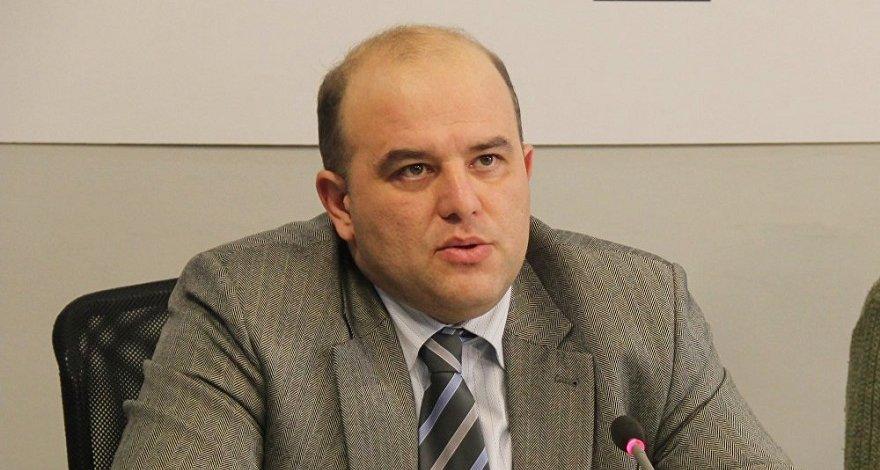"Georgia is being punished for refusing to blindly obey Western directives" Expert opinions
Brussels continues to pursue a policy of stick without carrot towards Georgia. Recently, the European Parliament approved a draft resolution "On the democratic backsliding and threats to political pluralism in Georgia," which was supported by 495 MEPs.
The resolution criticizes the adopted laws on foreign agents and the ban on LGBT propaganda. It also condemns the pre-election banners of the ruling party and the positive assessment by Georgian authorities of Sergey Lavrov's statement regarding Russia's readiness to assist in reconciliation with Abkhazia and South Ossetia. In the adopted resolution, European Parliament members demand strict action — to freeze all EU funding provided to the Georgian government until the "undemocratic laws" are repealed.
The European Parliament's decision has naturally caused discontent in Georgia. As stated by the Secretary-General of the ruling party Georgian Dream - Democratic Georgia, Tbilisi Mayor Kakha Kaladze, the new resolution of the European Parliament has nothing to do with democracy and European values.
How does the Georgian expert community view the pressure from the European Parliament? This is what the correspondent of Caliber.Az set out to discover.

Tengiz Javakhadze, a philosophy professor and director of the Center for Political Innovations, believes that Georgia is clearly being punished for refusing to blindly obey Western directives.
"There are evident double standards at play. The question arises: why is there always a 'Russian influence' in EU decisions concerning the policies of CIS countries? The assessment seems to depend on each CIS country's position towards Russia. If the authorities are loyal to Moscow, they risk ending up on a 'blacklist' and drowning in a sea of sanctions and resolutions. Conversely, if a country opposes Moscow's 'odious' policies, it will be met with applause, a pat on the back, and a vague yet welcoming invitation to consider EU membership. But thank you for such grand gestures. Georgia’s experience illustrates how this can end.
Why, then, do the Baltic countries, which have enacted numerous laws openly violating human rights throughout the post-Soviet period, never face criticism from Members of the European Parliament (MEPs)? Why do officials in Latvia, who are currently persecuting those trying to preserve and protect monuments and memorials to Soviet soldiers and the traditions of celebrating Victory Day, remain unpunished, with their actions going uncondemned by MEPs?
It seems to me that Georgia's so-called European path resembles the fairy tale of a candy trail, luring sweet lovers into the house of an evil witch. As the saying goes, one must pay for all good things—this profound truth of life should be kept in mind by all Georgian politicians," Javakhadze concluded.

According to Doctor of Military and Political Sciences, Professor Vakhtang Maisaya, many in Georgia view this as an important signal from the EU regarding the political course of the ruling party, "Georgian Dream."
"The ruling party clearly wants to deprive Georgia of the opportunity for European and Euro-Atlantic integration. I don’t see anything particularly alarming in this decision by the European Parliament for Georgia. As a pro-Western analyst and citizen of Georgia, I believe that democratic values are crucial for Georgia. The issue of LGBT rights has never been a pressing concern for us; rather, I tend to see it as a political manipulation.
Pro-government representatives of Georgian society reacted predictably, condemning the European Parliament's decision. Currently, there is a complete duality of opinions: the president and opposition forces view the European Parliament's resolution as a positive sign, while the ruling party of Georgia has rejected it outright.
However, if we speak constructively, it’s important to note that the resolution does not carry the weight of mandatory implementation; it is advisory in nature. I believe that the resolution reflects the perspectives of Western society and political forces regarding the elections in Georgia. Its aim is to prevent electoral fraud in Georgia and to protect human rights, which are of great importance to Georgia," emphasized Maisaya.








